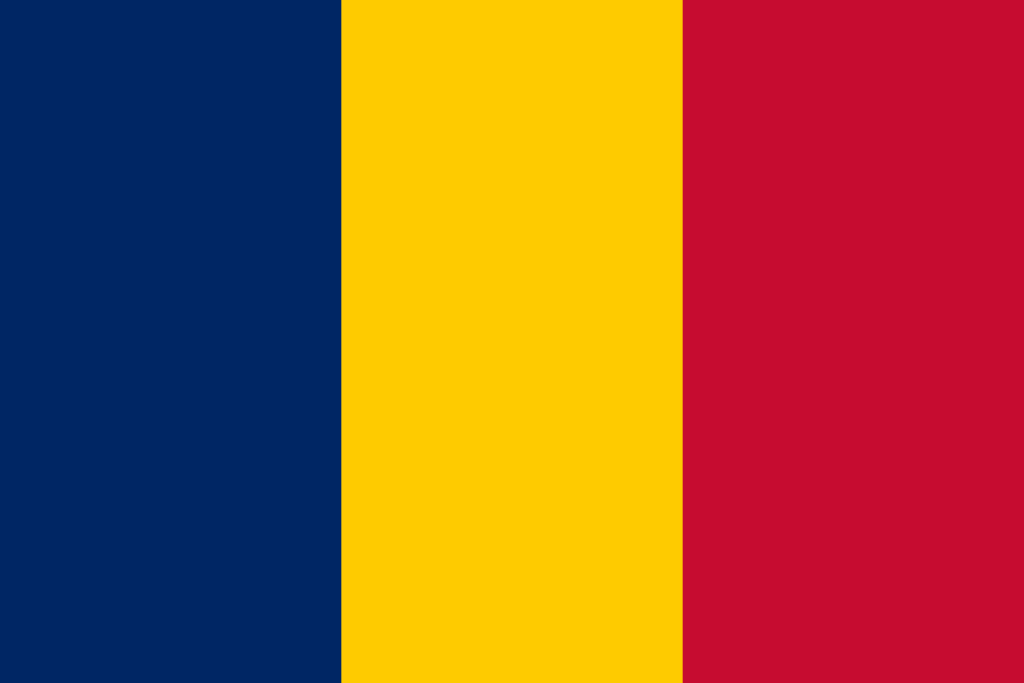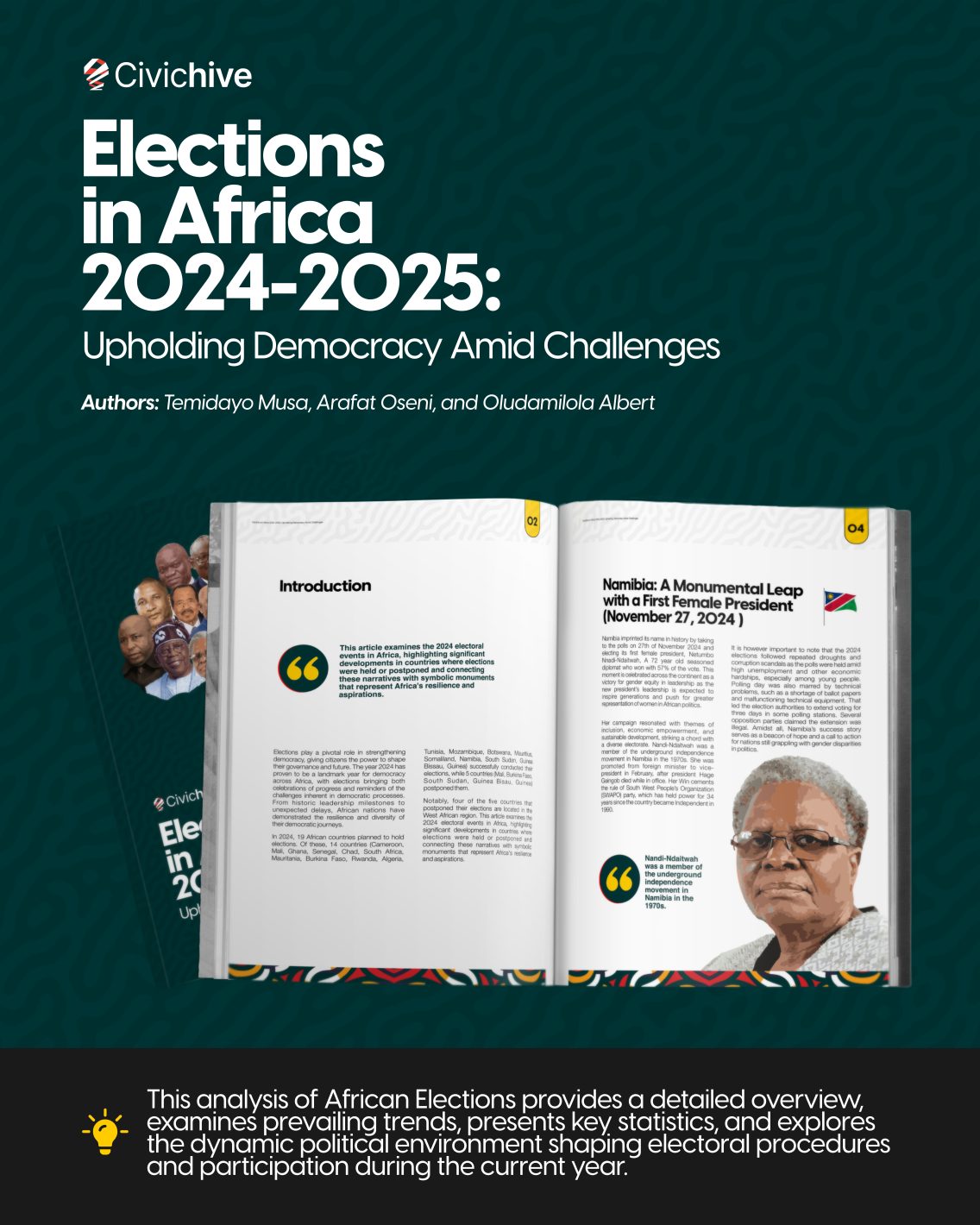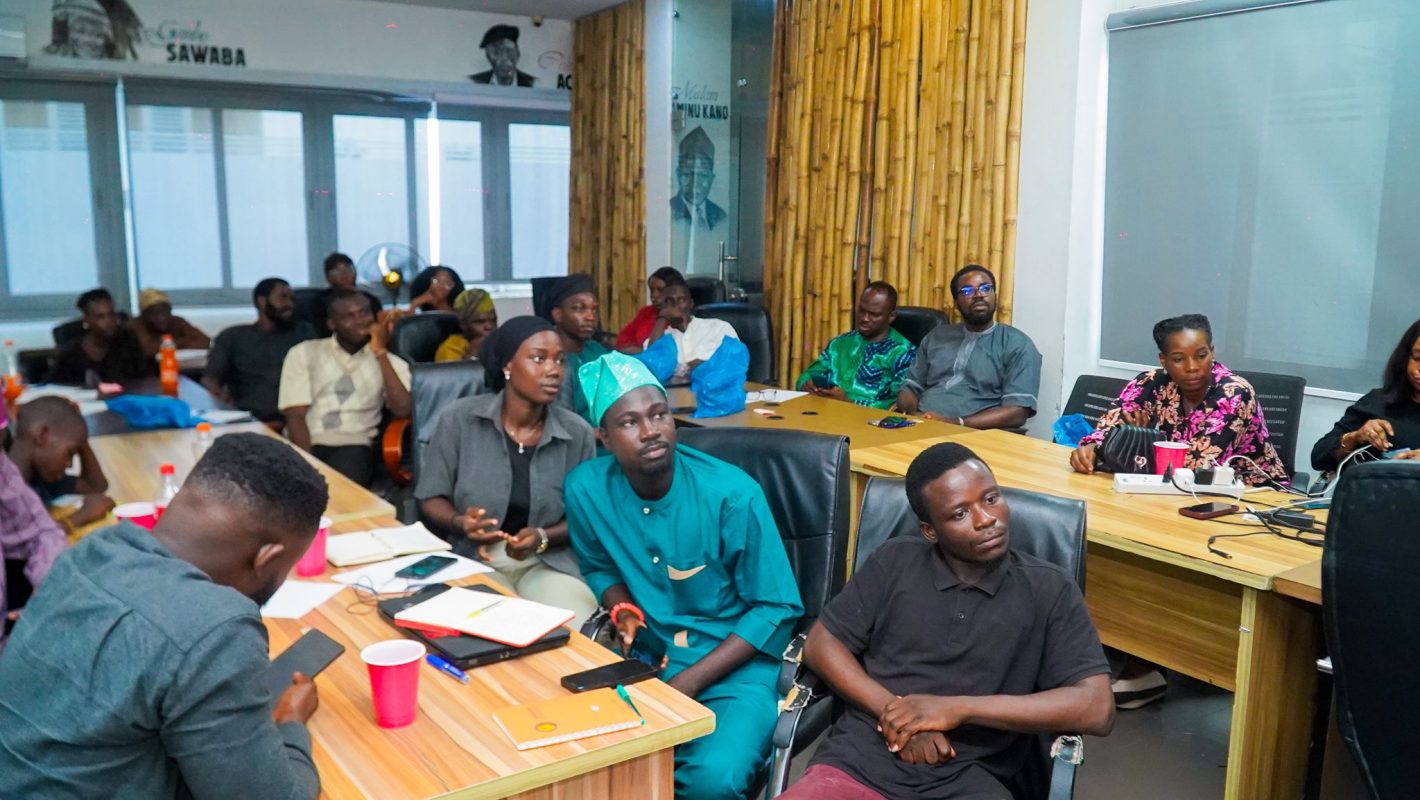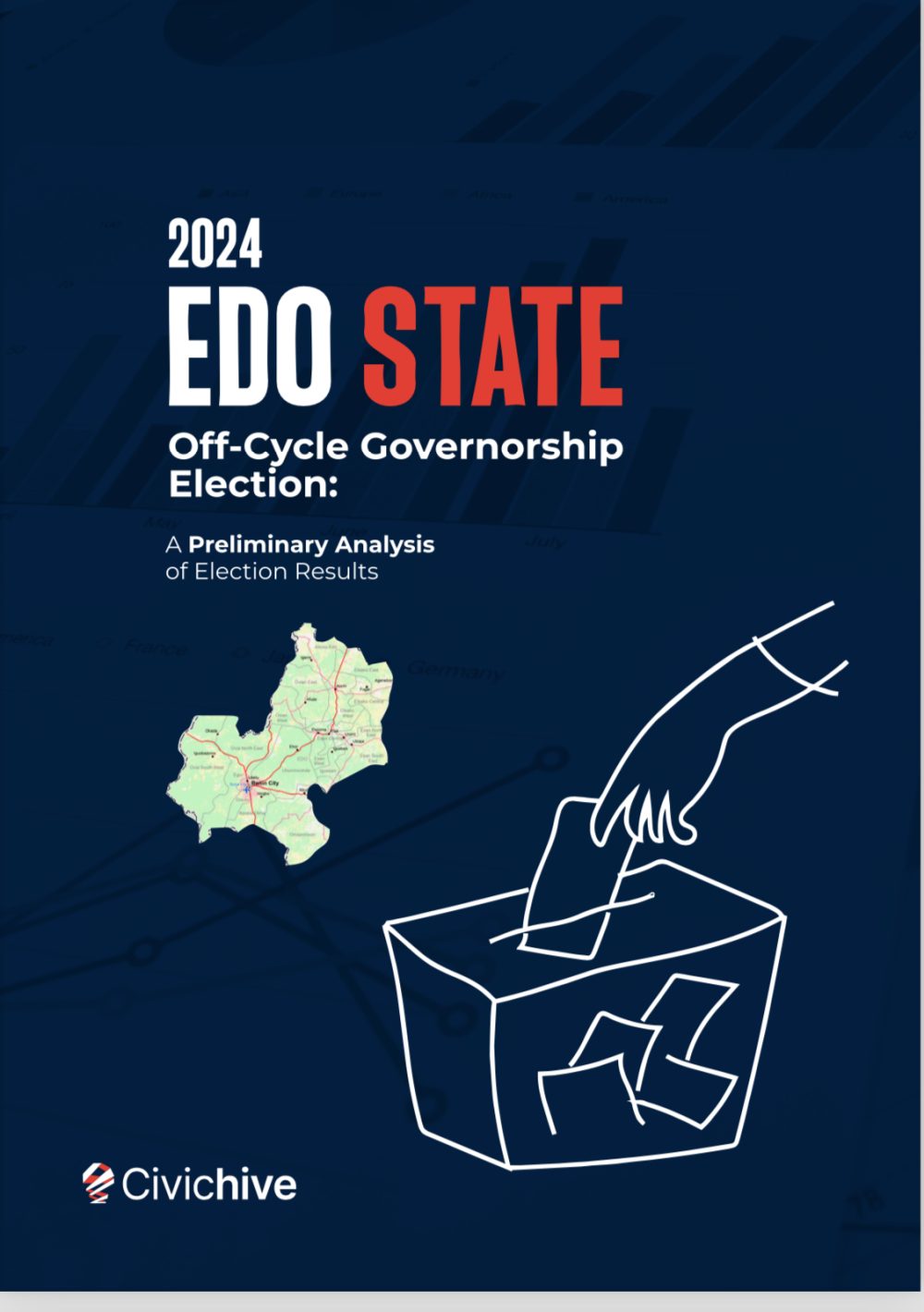As the world watches with bated breath, Africa once again finds itself at the heart of democratic fervor as Twenty countries across the continent gear up for their pivotal 2024 elections. The African continent braces itself for yet another wave of democratic expression through the ballot box. With each election this year, hopes are ignited, dreams are made, and the progressive path of countries might be altered.
Chad Presidential and legislative elections – May 6, 2024
Chad is a Central Africa country officially known as the Republic of Chad, and will be the first military-led country that will conduct elections. It is the fifth largest country in Africa and the twentieth largest nation by area in the world. The landlocked country has a population of 16 million people and most of the population live by agriculture; cotton is grown in the south, and cattle are raised in the central region. Chad joined the ranks of oil-producing countries in 2003, raising hopes that the revenues generated would improve the country’s economic situation and development.
The country’s Presidential election is set to hold on the 6th of May 2024, after which a second round election will follow, if necessary on 22nd June, 2024.This election is set to change the tone of governance in the country as it is part of a transition to democratic rule from the military government. Since 2020, there have been eight coups in the country and several unrest as the incumbent President Mahamat Idriss Deby extended the transition period for another two years despite previously declaring that he was not intending to succeed his father. He also failed to fulfill his promise of 18-months transition to elections after he seized power in April 2021, following the death of his father, President Idriss Déby, who had himself seized power in a coup 30 years earlier.
2024 Democratic Election: The Candidates
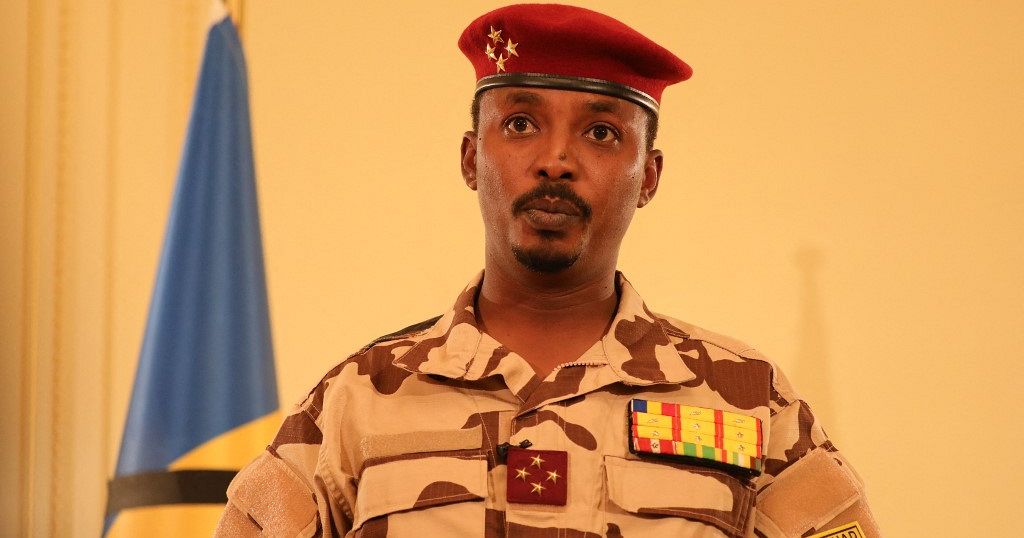 Leading to the election, The Constitutional Council rejected 10 candidates including those of two prominent opposition figures. The Chadian electoral commission announced an official list approved by the council on 24th March 2024. The list included the incumbent President Mahamat Idriss Deby who declared he will run under the banner of the ‘For a United Chad coalition’. The other contestants include
Leading to the election, The Constitutional Council rejected 10 candidates including those of two prominent opposition figures. The Chadian electoral commission announced an official list approved by the council on 24th March 2024. The list included the incumbent President Mahamat Idriss Deby who declared he will run under the banner of the ‘For a United Chad coalition’. The other contestants include
- Alladoum Djarma Baltazar
- Assyongar Masra Succès
- Bebzouné Bongoro Theophile
- Lydie Beassemda
- Mahamat Idriss Deby Itno
- Mansiri Lopsékréo
- Mbaimon Guedmbayë Brice
- Nasra Djimasngar
- Pahimi Padacké Albert
- Yacine Abderamane Sakine
- Mahamat Idriss Deby
In April 2021, interim President Deby seized power in April 2021, taking the title of interim president after his father, who had ruled for three decades died while fighting rebels. Initially, Mahamat Deby promised to hold elections within 18 months but he didn’t until he was allowed to run for presidency.
After seizing power in April 2021, by December of 2021, he appointed himself a five-star general in December 2021. He is a member of the ruling party, Patriotic Salvation Movement (MPS). His campaign promises focus on security, strengthening the rule of law and boosting electricity production.
- Succes Masra
Another Candidate approved by the council is Succes Masra, incumbent Prime Minister of Chad and the founder of Les Transformers. Masra was formally sent to exile with an international arrest warrant by the Junta due to his involvement in the violent Chadian protests leading to him seeking refuge in the United States’ embassy for six days due to fears for his safety. Masra returned to Chad in November 2023 after signing an agreement with the government and On January 1 2024, he was appointed Prime Minister of Chad.
- Albert Pahimi Padacke
Padacke, 57, who is an ally of the former president Idriss Deby (father of the interim president), served as Chad’s prime minister from 2016 to 2018. In previous elections, Padacke contested several times and he came second in the 2021 presidential election with 10% of the vote. The election was boycotted by several opposition leaders who said it was rigged.
After former president Deby’s death, the transitional military government named him as the prime minister but he later resigned in order to pave the way for a new government. In his campaign, he promises to improve security and a wholesome reform of the justice system.
- Yaya Dillo Djerou
Although his name was withdrawn from the list, the late Yaya Dillo Djerou, President of the opposition’s Socialist Party without Borders, cousin to President Mahamat Derby, and chief opponent in the coming elections. Yaya Dillo was killed shortly after the vote date was announced in a reported exchange of fire with government security forces after allegedly leading an attack on the national state security agency.
People’s Participation in Elections
For young people in Chad, the majority of them feels the election is just a show that reinforces old traditions of depot leaders using democracy as a smokescreen to remain in power. Several groups, including a civic society platform called Wakit Tama, has called on the citizens to boycott the election which they have described as a “masquerade” designed to perpetuate a “dynastic dictatorship”
Also, there is an uprising issue of women’s representation in chad politics as despite the encouragement by the President to include women on party candidate lists, “it remains lip service confined to political discourse and not translated into reality as there is no legal framework establishing parity or quotas in representation which makes it difficult for women to gain access to political office’ (Chad’s Gender quotas and representation).
Furthermore, strong and popular opposition candidates have been barred from contesting in the election in what seems to be a politically motivated move. Citizens have also doubted the credibility of the upcoming elections due to the inclusion of the current president on the ballot paper. President Idris initially said he won’t be participating in the democratic elections, however, that has changed.
On Election Credibility
Since the announcement of the election date, The Constitutional Council, which has the powers to validate candidacies and results, has made a lot of anomalies and decisions which have tainted the occurrence of a free and fair election in the state. First, the council is headed by a former MPS executive, Jean Bernard Padaré, who was appointed by the president.
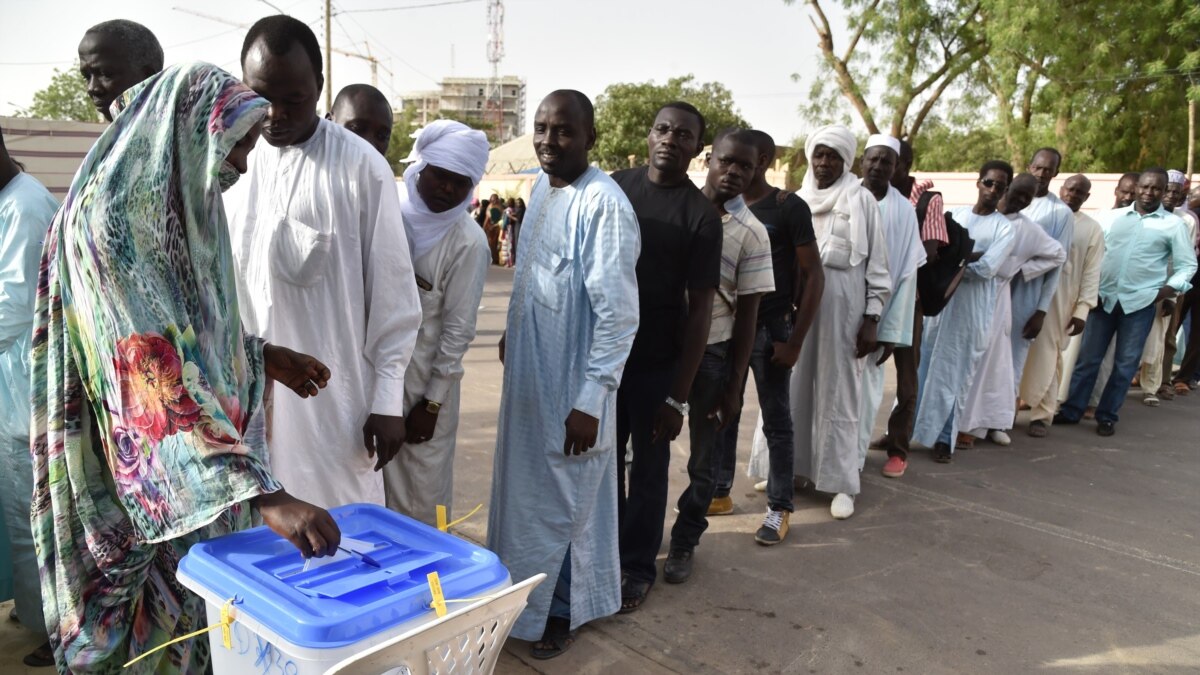 Leading up to the election, The new electoral code, adopted during a parliamentary session lasting just two hours on 22 February, abolishes the National Election Management Agency’s obligation to post the results at each polling station, instead providing only for publishing regional tallies. This will prevent observers from verifying results by adding up the numbers at polling stations.
Leading up to the election, The new electoral code, adopted during a parliamentary session lasting just two hours on 22 February, abolishes the National Election Management Agency’s obligation to post the results at each polling station, instead providing only for publishing regional tallies. This will prevent observers from verifying results by adding up the numbers at polling stations.
Future of Democracy
There is no doubt that for any country to develop in both governance and economic strands, the youths, who are the set future of such a country, must be involved in every step of the way. However, the reverse is the case in Chad as oftentimes the Youths are considered as the low dogs or tools used to orchestrate chaos in the country.
Beyond the election, the future of Democracy is hinged on several steps and measures taken to address the plethora of issues, threats, and challenges within and outside the country which have been fueled by the gaps in governance that has plagued the country for long. The question is what length are the people willing to go to have their voices heard despite the circumstances they have found themselves in? Indeed, the future of democracy is something to watch out for in Chad.
